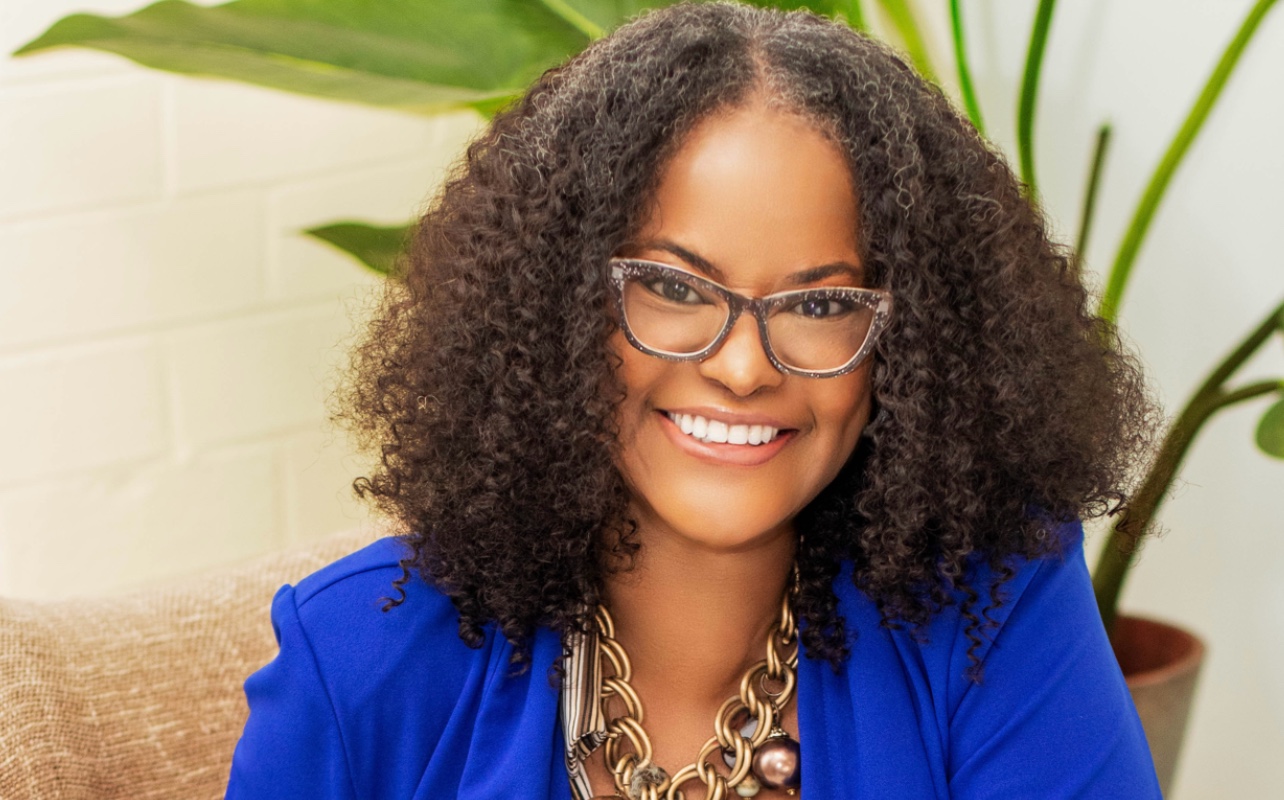
March 25, 2024
Dr. Dionne Mahaffey Launches AI Platform To Help Therapists Write Progress Notes
Traditional clinical documentation can consume up to 20 minutes per session—a timesuck that quickly compounds over weeks and months.
Artificial Intelligence (AI) is drastically altering landscapes across industries, and healthcare is not left behind. A report by Accenture estimates that AI could potentially save the U.S. healthcare sector up to $150 billion annually by 2026. Before the pandemic, the healthcare industry was already grappling with clinician burnout, with documentation demands significantly contributing to the stress. In a recent survey, over 55% of therapists mentioned administrative tasks, like documentation, as one of the reasons for their burnout. Most therapists will tell you their calling is to help people. But they’re bogged down by the need to meticulously write clinical documentation, often working well into the evening and on weekends. This requirement, imposed by government and insurance regulations, isn’t just time-consuming — it also adds a considerable emotional strain to their demanding profession.
Dr. Dionne Mahaffey, an interdisciplinary entrepreneur, founded Behavioral Health Notes to reduce the documentation burden for mental health clinicians and reduce their burnout.
The documentation burden is what led Dr. Dionne Mahaffey to launch Behavioral Health Notes, an AI-powered clinical documentation and progress notes writer for mental health clinicians. The tool is easy to use: therapists simply enter relevant session details or use the speech-to-text transcription feature, hit the generate button, and receive a compliant progress note within seconds. They can choose from SOAP, DAP or BIRP formats, common clinical formats for the mental health profession.
The World Health Organization defines burnout as a state of emotional, physical, and mental exhaustion caused by excessive and prolonged stress. It occurs when an individual feels overwhelmed, emotionally drained, and unable to meet constant demands.
Her interdisciplinary expertise in technology and mental health positions her uniquely to tackle therapists’ documentation-burnout phenomenon, by using technology.
“Initially, I developed Behavioral Health Notes as a tool for my own private practice because I wanted to help my associate therapists reduce burnout by streamlining progress note writing. They loved the tool so much, and I recognized that it reduced the documentation burden by up to 50%, so I decided to create a platform that is available to the public,” Mahaffey said.
Since Mahaffey also writes code, she created the software in about a week. “Look, I am also a software developer, so as soon as I get an idea, I usually get to work because I don’t need to consult anyone. I can build and architect what I dream,” she added.
Dr. Brandon Gillespie, a Georgia-based therapist, highlights the transformative impact of AI: “It turns hours of work into minutes.”
Traditional clinical documentation can consume up to 20 minutes per session — a timesuck that quickly compounds over weeks and months.
“Behavioral Health Notes just lets me enter my shorthand, and it then transforms it into comprehensive, compliant narrative clinical reports in mere seconds. It also follows HIPAA’s privacy protocols, which is very important,” Gillespie continued.
The platform does not retain, transmit, nor store any Protected Health Information (PHI). It is designed so that clinicians’ generated notes reside solely in their respective Electronic Health Record (EHR) systems.
“We generate the note, and then clinicians copy it directly into their HIPAA-compliant Electronic Health Records (EHR) system, ” Mahaffey confirmed.
Because of efficiency, burnout reduction, and security protection, Behavioral Health Notes enables clinicians to dedicate more time to their clients and patients.
“With the time this platform saves me, I can invest my time in my meaningful work of helping clients improve their wellbeing and self-expression,” said Cicely Roberts, a clinical and fashion therapist.
“And it bears recognition that this technology platform, developed by a Black woman, helps other Black entrepreneurs level the playing field in a way. Many of us are solopreneurs who wear multiple hats, and we don’t have clinical technicians and other staff to help us with our administrative tasks. This alleviates a lot of overwhelm and stress-induced health issues,” Roberts concluded.
Mahaffey’s journey isn’t just about innovation; it’s also a narrative of shattering the glass ceiling in a predominantly male-centric tech industry. Armed with a unique blend of technological acumen and psychological insight, she is redefining what’s possible when efficiency meets empathy.
RELATED CONTENT: Taking The Conversation To Work: Let’s Talk About Black Mental Health